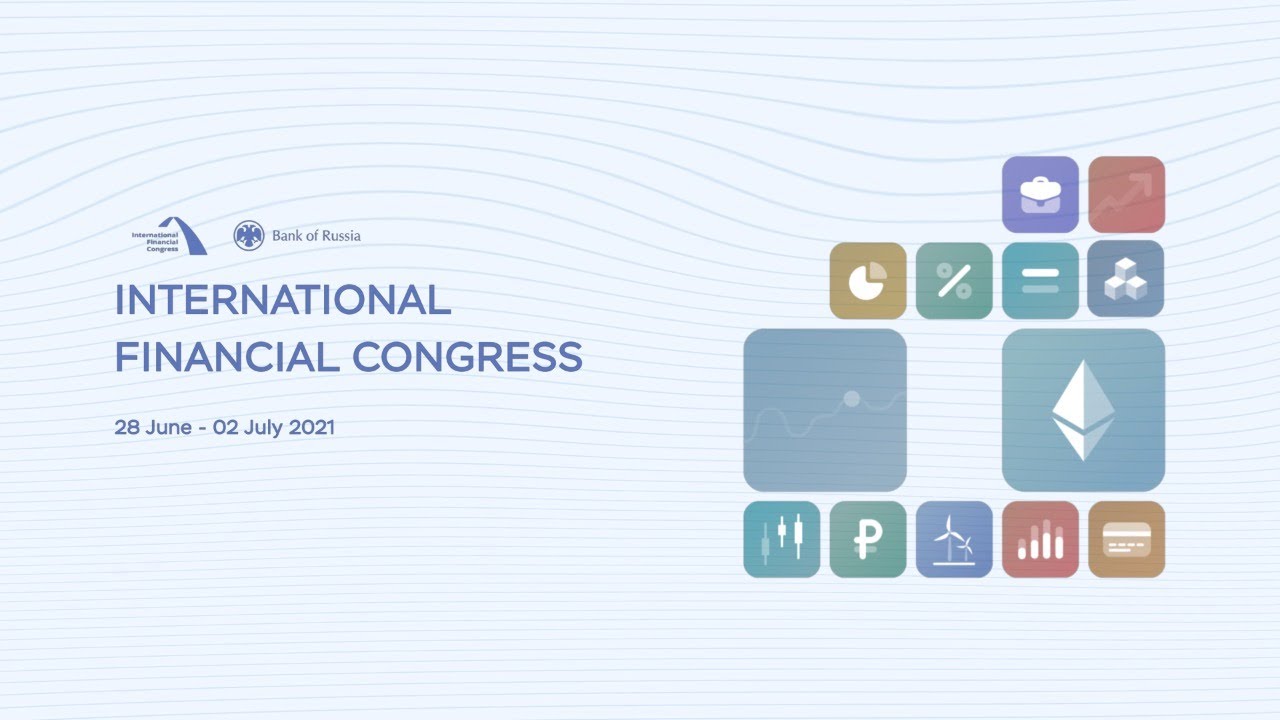Track: Macroprudential policy
11.00 — 11.50
Macroprudential policy of the Bank of Russia: new challenges and tools
The pandemic crisis has shown the importance of banks accumulating capital and liquidity buffers. Built up during prosperous times, these buffers allowed the banks to absorb losses incurred throughout the pandemic.
Against the backdrop of economic recovery and accelerated lending, the Bank of Russia has already returned to its pre-pandemic buffers for new unsecured loans.
In the future, the Bank of Russia plans to use a new tool – quantitative limits, which could become an effective risk mitigation solution. Session participants will discuss a range of related questions: How will the new tool complement the existing risk mitigation mechanism?
What will macroprudential policy look like as the economy recovers? How will it affect the banking business?
Track: Banking sector
12.00 — 12.50
Strategic risks and new opportunities for the banking sector
The session will feature a discussion with banks’ representatives and focus on major risks for the sector and development prospects of the banking business.
In particular, the following issues will be covered:
1. strategic risk of disintermediation, including the impact of the population’s dynamic shift to direct investment in the stock market, potential effects of digitalization and the introduction of the digital ruble.
2. classic risks of the banking sector, including risks related to concentration, overheating of certain segments, and decrease in the bank margins.
3. new challenges: climate, social and corporate governance risks.
13.00 -13.50
Ecosystemically important. Regulating banks’ investments in ‘non-bank’ assets
Some ecosystems in Russia are emerging around major banks, which presents them with new opportunities, but also means potential risks for borrowers and depositors, as well as for financial stability.
This session will discuss the Bank of Russia’s suggestions with regard to modernizing the regulation of banks’ investments into ecosystems and other non-banking assets. How will it help balance the banks’ needs with the interests of their clients, while supporting the development of the Russian financial market?
14.00 — 14.50
The role of the banking sector in housing market development: project financing and mortgage. Stable growth or risk of a bubble?
Session participants will discuss how the structure of shared-equity construction financing and the mortgage market have changed over the two years since the reform started.
The discussion will also explore how the distribution of risks should change and whether there is a threat of an emerging bubble.
Some of the burning issues on the agenda will include growth prospects of mortgage, impact of state support programmes, including their impact on housing accessibility, ensuring demand and maintaining financial stability.
15.00 — 15.50
Bank regulation: looking ahead
The most pressing issues on the national level are the ecosystemic transformation of the banking sector, growing competition with the fintech industry, and risks of high concentration in the banks’ portfolios.
The new technological basis of bank regulation will be shaped by the use of IT for ensuring banks’ compliance with regulations (RegTech) and for automating bank supervision (SupTech).
This session will touch upon major problems and prospects of bank regulation, and the participants will try to make projections with regard to its evolution over the next few years.
16.00 — 16.50
Supervisory stress-testing as a promising tool for bank supervision
The Bank of Russia is planning to develop supervisory stress testing (SST), which allows to identify capital shortages that the banking systems and individual banks might experience in the event of stress, and enables regulators to develop effective measures aimed at reducing risks and enhancing financial stability.
Session participants will discuss the prospects of implementing SST in Russia, including as a complement to other risk management tools.
See more: https://ifcongress.ru/index/en
INTERNATIONAL FINANCIAL CONGRESS. Macroprudential policy. Banking sector
